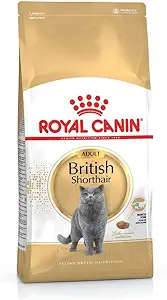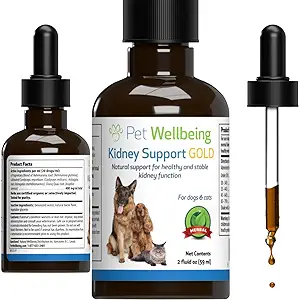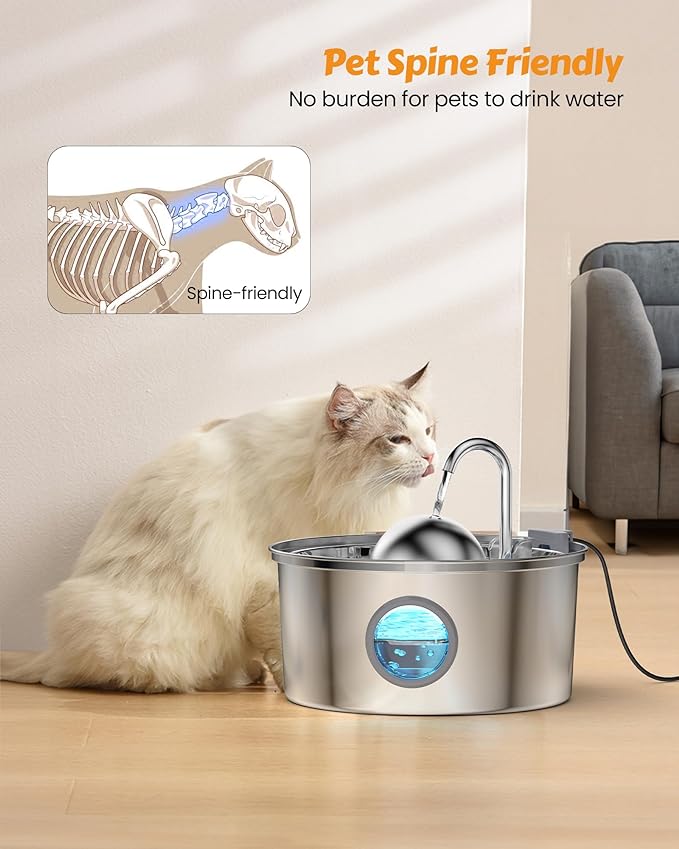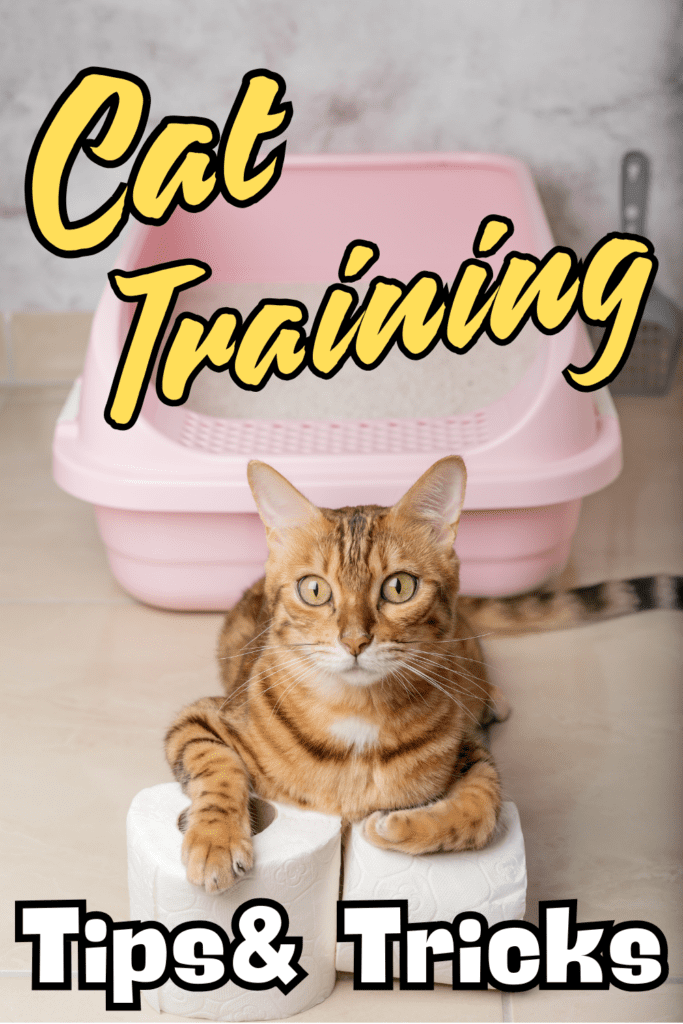This “The Best Diet for British Shorthairs: Nutrition Guide” post may contain affiliate links, which means I’ll receive a commission if you purchase through my link, at NO EXTRA COST TO YOU
The Best Diet for British Shorthairs: Nutrition Guide
Providing a balanced and nutritious diet is essential for maintaining the health and well-being of your British Shorthair. Here’s a guide to ensuring your feline friend receives the best possible nutrition:
Balanced Diet

- Commercial Cat Food: High-quality commercial cat food formulated specifically for British Shorthairs or similar breeds is ideal. Look for products that meet the standards set by organizations such as the Association of American Feed Control Officials (AAFCO).
- Nutrient Balance: Ensure the food provides a balanced ratio of protein, fats, and carbohydrates. British Shorthairs generally need a diet high in protein to support their muscle mass and energy levels.
Protein Requirements
- Sources: Opt for cat food that lists high-quality animal proteins, such as chicken, turkey, or fish, as the primary ingredient. Proteins are crucial for muscle development, energy, and overall health.
- Quantity: Adult British Shorthairs typically require about 30-40% protein in their diet. Check the food labels for appropriate protein content.
Fat and Carbohydrates
- Fats: Healthy fats are important for maintaining a shiny coat and providing energy. Look for foods with moderate fat content, around 15-25%, and sources like fish oil or chicken fat.
- Carbohydrates: While cats do not need a high amount of carbohydrates, some are necessary for energy. Choose foods with easily digestible carbs such as rice or sweet potatoes, avoiding excessive fillers or grains.
Portion Control
- Feeding Guidelines: Follow the feeding guidelines provided by the cat food manufacturer or your veterinarian. Overfeeding can lead to obesity, especially in less active breeds like the British Shorthair.
- Monitoring Weight: Regularly monitor your cat’s weight and adjust portion sizes as needed to maintain a healthy body condition.
Hydration
- Water Intake: Always provide fresh, clean water to keep your British Shorthair hydrated. Proper hydration is essential for digestion, kidney function, and overall health.
- Wet vs. Dry Food: Incorporating wet food into your cat’s diet can help increase their water intake. Wet food has a higher moisture content compared to dry kibble.
Special Dietary Needs
- Health Conditions: If your British Shorthair has specific health issues, such as obesity or urinary problems, consult your veterinarian for a specialized diet. Prescription diets may be recommended to address these concerns.
- Age Considerations: Adjust your cat’s diet according to their life stage. Kittens, adults, and senior cats have different nutritional needs. Choose age-appropriate food to support their growth, maintenance, or aging process.
Treats and Supplements
- Healthy Treats: Offer treats in moderation, ensuring they do not exceed 10% of your cat’s daily caloric intake. Opt for healthy, low-calorie treats.
- Supplements: Consult your veterinarian before adding any supplements to your cat’s diet. Most high-quality commercial foods provide adequate nutrients without the need for additional supplements.
CONCLUSION
To keep your British Shorthair healthy, active, and happy, you must provide a well-balanced diet that meets their specific needs. First and foremost, you need to choose high-quality food that supports their overall well-being. Start by selecting food that contains the right balance of protein, fats, and carbohydrates. Protein, especially, plays a crucial role in maintaining your British Shorthair’s muscular physique, so you should prioritize high-quality animal-based proteins. Additionally, you should always pay attention to the fat content of their food. Since British Shorthairs are prone to gaining weight, you need to select foods that contain healthy fats but not excessive amounts.
Furthermore, incorporating fiber into their diet helps support their digestive system and ensures proper nutrient absorption. Don’t forget to monitor your cat’s portion sizes, as overfeeding can easily lead to obesity, which negatively impacts their health. As your British Shorthair ages, you should also adjust their diet to accommodate their changing needs. Senior cats require a diet that supports joint health and reduces the risk of age-related illnesses.
However, providing the right food is just one aspect of maintaining their health. Regular visits to the veterinarian are equally important. These checkups allow you to stay informed about your cat’s health and make necessary dietary adjustments as they age. The vet can guide you in choosing the best food options based on their life stage, weight, and activity level. Moreover, regular vet visits help identify any underlying health issues early on, which means you can prevent serious conditions that may affect your British Shorthair’s quality of life. Consequently, staying proactive about both their diet and medical care will ensure your British Shorthair lives a long, vibrant life.
By carefully considering your British Shorthair’s nutritional needs and partnering with your vet for regular health monitoring, you will set them up for a lifetime of well-being. Every stage of their life brings new requirements, and being prepared ensures your cat stays happy, healthy, and full of energy.








